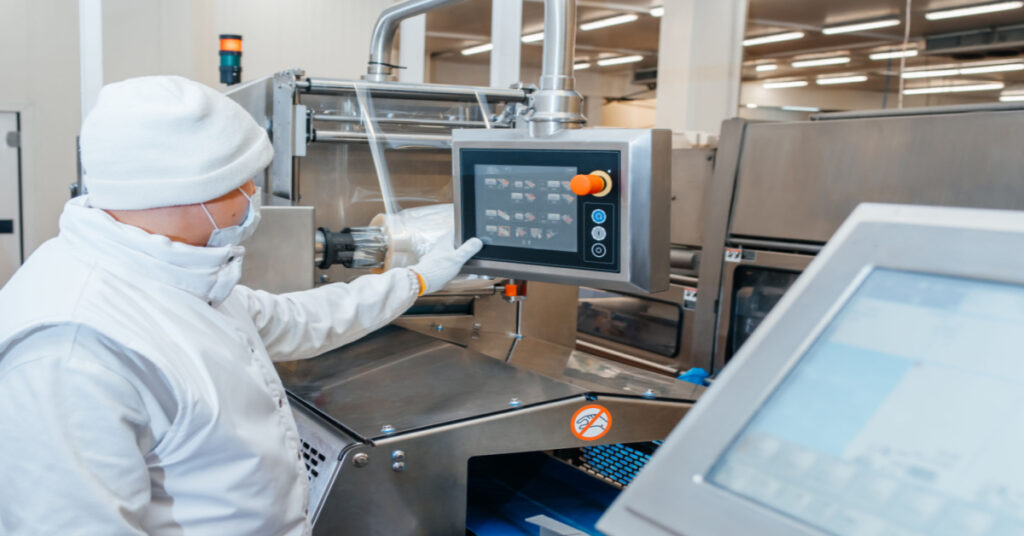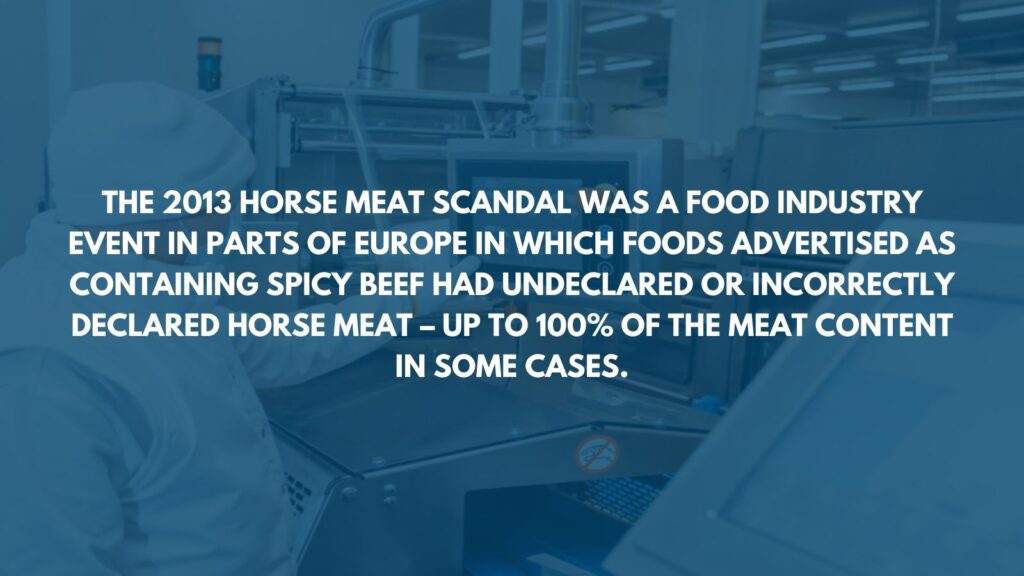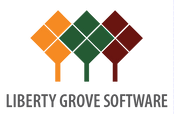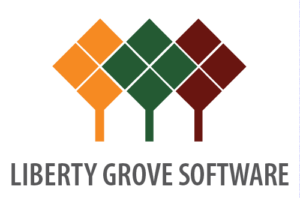Meat Industry Safety Regulations and How ERP Can Play a Winning Role
You might find the meat industry safety regulations daunting as a meat production facility manager. Perhaps you spend more time ensuring legal and food safety compliance than working in the business.

If so, you're not alone – and we get it. But there is a viable solution in a DynamicsFoodERP system.
Read on to learn more.
According to the U.S. Department of Agriculture's Food Safety and Inspection Service (FSIS), there were at least four major recalls of ground beef products due to possible contamination with E. coli O157:H7 or extraneous materials. There was also a recall of raw bone-in goat products imported from Australia that were not presented for import re-inspection. The total amount of recalled meat products was over 336,000 pounds in weight.
Why is meat subjected to rigid regulations?
Meat is likely to have the most stringent regulations of any mass-produced food. And for a good reason; for one thing, meat can be more dangerous than other foods. Disease in meat can originate anywhere along the supply chain, from how the animal was raised to poor storage or cross-contamination by retailers. When mishandled, it is far more likely to carry diseases, some potentially fatal to humans.

Numerous other vital factors necessitate stringent regulations. The quality and source of meat must be proven to maintain strong nutritional, flavor, and trust standards. The infamous horsemeat scandal is one instance in which quality and provenance checks failed, damaging public trust. Then there's animal welfare: each jurisdiction has requirements for the conditions where animals are raised for meat.Any business that keeps livestock or is involved in animal slaughter, preparation, or sale of meat must be strictly regulated. However, the rules that meat businesses of all sizes must follow are frequently complex and challenging to keep track of.
They can easily impede an efficient production schedule and impact the bottom line.
Regulations for meat businesses are complicated
The meat industry's rules and regulations may constantly shift as industry consensus shifts, and regulators learn from new problems. The outbreak of Covid-19 infections linked to meat packing plants is an example of this.
Specific requirements will vary depending on location, type of business, and other factors. For example, in the United Kingdom, all of the following establishments require special permission from the Food Standards Agency (FSA) to operate:
- Slaughterhouses
- On-farm slaughterhouses
- Establishments that handle game meat
- Plant pruning
- Wholesale meat markets
- Restaurants that serve minced meat
- Establishments for the preparation of meat
- Meat processing plants that use mechanical separation
- Plants for processing
- Cold storage facilities
- Re-wrapping businesses
Consider the complexities of purchasing and selling meat across national borders, where businesses must comply with new safety regulations. The rules themselves are covered in minute detail and shrouded in jargon. The FSA's 'meat industry guide' contains 20 technical chapters.
The scale of regulations, in particular for small and medium-sized meat businesses, can be a burden. However, the alternative is even worse.
Failure to meet industry standards is a nightmare scenario for any food business, and the nature of the meat industry makes failure to meet industry standards more likely.
With the average recall cost estimated to be around $10 million and the potential for reputational damage to be even more costly, businesses must tread carefully.
How can food ERP aid in regulatory compliance?
You've probably heard of Enterprise Resource Planning (ERP) and its ability to increase efficiency and help a business grow. However, you may not have given as much thought to how an ERP solution can assist your meat business in meeting regulatory requirements.
Food-specific ERP, such as DynamicsFoodERP, is ideal because it is designed with specific tools to meet the industry's challenges. For example:
- Traceability of lots. ERP increases the transparency of the traceability process for all parts of the supply chain. As the origins of meat products become more scrutinized, the visibility ERP provides is invaluable.
- Quality assurance. Food ERP provides superior quality control at a consistency that would otherwise be impossible. ERP tailored to the meat industry can ensure that products meet predefined quality standards. Because of the interconnectedness of ERP, companies can extend this control seamlessly across entire inventories.
- Management of shelf life. Controlling every aspect of your inventory is essential for avoiding a significant food safety disaster. Not only will ERP prevent meat that does not meet industry standards from being sold, but instances of meat being stored incorrectly or past its expiry date will be far less common due to the technology's logistical intelligence. Most importantly, this reduces revenue lost due to waste.
- Functionality for recall. If the worst happens and subpar meat is shipped, ERP's specific recall functionality is available to mitigate the damage through timely and intelligent communication.
- Ensuring compliance. Keeping your ducks (or cows) in a row with FDA, FSA, FSSAI, FSMA, HACCP, and other relevant food safety authorities is a critical success strategy. It ensures that your routine inspections run smoothly and frees your organization from penalties or being forced to shut down your production operations.
- Protocols are enforced throughout a company. ERP integrates the compliance process across all aspects of a business, making it more difficult for individual errors to slip through the cracks. The centralized database of an ERP system can be extended to all workers via mobile technology, as can the creation of checklists and reminders of correct standards, protocols, and testing regimes.
ERP for the meat industry can be beneficial in avoiding disastrous safety breaches. Beyond that, its value is in allowing businesses to focus on growth and improvement while their technology solution handles regulatory compliance.
Ready to make a meaty profit from your meat production and processing business?
Contact Liberty Grove for a complimentary consultation on how cloud ERP can help you maintain meat safety standards, mitigate risk, and give you a competitive advantage.
Whether you want to get more out of your existing ERP or are considering implementing a system for the first time, the Liberty Grove team of ERP consultants can guide you through each step for a smooth ERP solution.
We use the best technology available to deliver a simplified, fully integrated Cloud ERP solution designed to address the challenges of the Food & Beverage industries. The Liberty Grove team has years of distribution and manufacturing experience, ensuring your products reach customers safely and securely while meeting complex supply chain requirements and regulatory demands.
We'll provide the services you need to guide you through project planning, implementation, testing, training, and ongoing support.
About the author
Liberty Grove Software is an established Microsoft Partner that focuses on providing customers with sales, service, and support for Microsoft Dynamics 365 Business Central/NAV solutions and training and upgrades.
Over more than 25 years, Liberty Grove has assisted hundreds of customers with businesses ranging from small to mid-sized to Microsoft Partners in implementing, training, customization, and upgrading Microsoft Dynamics ERP solutions.
The organization is one of only a few companies worldwide that Microsoft recognizes as qualified to provide Business Central/NAV Upgrade Service Centers.

